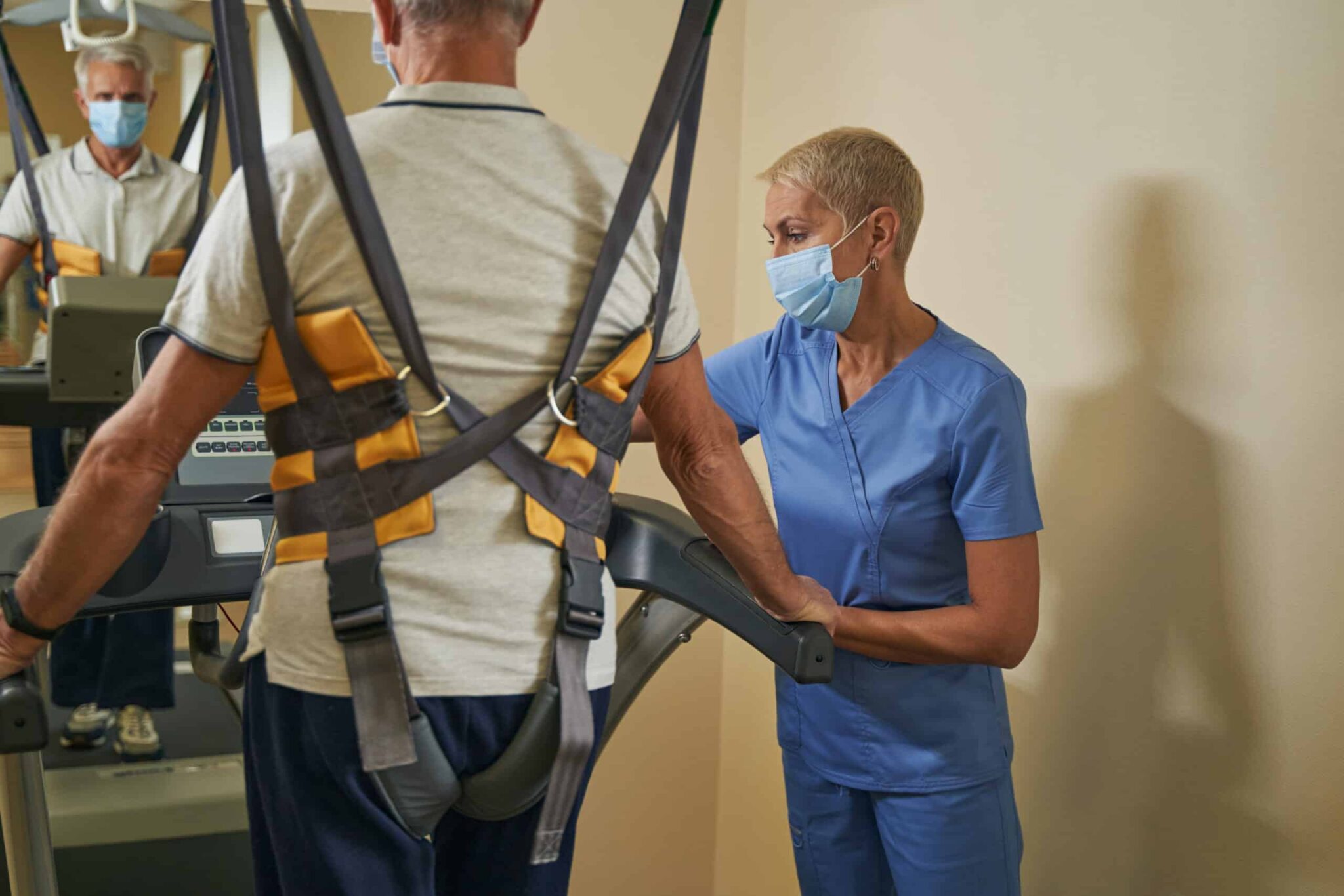Introduction
In the realm of education, specifically within childcare setups, emergency situations can occur at any moment. Recognizing instant response responsibilities is crucial for teachers, caretakers, and parents alike. Not only does it incorporate basic emergency treatment understanding, yet it likewise includes a collection of protocols and abilities that should be mastered to make certain the security of children. From taking care of small wounds to administering an EpiPen during an allergic reaction, this comprehensive overview will look into the myriad duties that feature instant feedbacks in academic environments.
Immediate Feedback Responsibilities: What to Do When Emergency situations Arise
The term "immediate action duties" refers to the activities and decisions that need to be taken when an emergency situation occurs. These situations can vary from minor cases like play area problems to a lot more severe situations involving clinical emergencies. The focus here gets on quick responses that can considerably affect the outcome for children involved.
Understanding Emergency Situations in Education
Emergency situations can vary widely in nature and seriousness. Some usual examples consist of:
- Choking Incidents: Kids might accidentally choke on food or tiny objects. Allergic Reactions: Instances needing EpiPen management because of severe allergies. Minor Injuries: Scrapes, cuts, and contusions from play. Medical Emergencies: Bronchial asthma attacks or seizures that demand instant attention.
Recognizing Asthma Signs and symptoms in Children
Asthma is a widespread problem amongst children and recognizing just how to identify its symptoms can conserve lives. Usual indicators include:
- Coughing frequently Shortness of breath Wheezing audios when exhaling Chest tightness
Choking Prevention Techniques for Educators
Preventing choking occurrences need to be a concern in academic setups. Right here are some reliable techniques:

EpiPen Administration Protocols
When handling allergic reactions, EpiPens can be life-saving tools. Here's exactly how to provide one:
Remove the EpiPen from its case. Hold the EpiPen securely and get rid of the safety cap. Press the pointer versus the external upper leg up until it clicks. Hold it in place for concerning 10 secs prior to removing.Managing Minor Wounds Effectively
Injuries are unavoidable when handling energetic kids; thus, understanding exactly how to take care of minor injuries is essential:
Clean the wound with soap and water. Apply a disinfectant solution. Cover with a sterilized bandage.Child Defibrillation Guidance
For major cases where a child might experience cardiac arrest, knowing how to utilize an AED (Automated External Defibrillator) is vital:
Turn on the AED and adhere to voice prompts. Attach pads as shown on the device. Ensure no one is touching the youngster before providing a shock if suggested by the AED.Building Teacher Self-confidence With Training
Educators childcare first aid course play a crucial duty in emergency situation response situations; thus it's vital they feel great in their capacities:
HLTAID012 Accreditation Australia Overview
The HLTAID012 certification outfits instructors with needed emergency treatment abilities tailored particularly for instructional settings:
- Duration of training usually covers over numerous hours consisting of both written and sensible components. It covers subjects such as mouth-to-mouth resuscitation methods, handling injuries, and case reporting protocols.
Written vs Practical Parts of First Aid Training
Training programs like HLTAID012 make up both academic expertise and hands-on method:
|Element|Summary|| --------------------|--------------------------------------------------|| Written|Understanding procedures, regulations, and treatments|| Practical|Hands-on practice utilizing mannequins or simulation|
Renewal Timelines for First Aid Certifications
Staying upgraded with emergency treatment certifications is important for instructors:

- Most accreditations need revival every 3 years. Regular updates maintain teachers educated regarding new methods or changes in protocols.
Childcare Centre First Aid Set Essentials
A well-stocked emergency treatment set is essential in any kind of childcare centre setup:
Essential Items Include:
Band-aids of various sizes Antiseptic wipes Gauze pads Adhesive tape Disposable gloves ScissorsFirst Aid Fundamentals for Parents
Parents should likewise be geared up with necessary first aid understanding:
Know how to deal with high temperatures effectively. Recognize signs and symptoms of dehydration or warmth fatigue during warm weather. Create a home-based first aid set tailored for childhood needs.Childcare Safety and security Dangers Assessment
Regular analyses aid identify possible risks within childcare setups-- some usual risks include:
Slippery floors Sharp items within reach Playground equipment safety checksRegularly assessing these risks makes sure security criteria are continually maintained.
FAQs About Immediate Feedback Responsibilities
1) What need to I do if a kid chokes?
- Administer back blows complied with by abdominal thrusts if they can not take a breath or speak.
2) How often need to I restore my HLTAID012 certification?
- Every 3 years based on Australian regulations.
3) What things are necessary for a childcare first aid kit?
- Band-aids, bactericides, gauze pads, scissors, disposable handwear covers need to all be included.
4) How can I protect against playground mishaps?
- Conduct routine evaluations of playground devices and monitor youngsters during playtime actively.
5) What are asthma activity plans?
- An individualized plan created with doctor detailing actions to take during a bronchial asthma attack.
6) How do I recognize signs of allergic reactions?
- Look out for hives, swelling around the face or mouth, difficulty breathing or hissing noises; act quickly!
Conclusion
Immediate action duties are not just tasks; they personify a childcare first aid classes commitment to safeguarding kids's wellness and well-being within instructional atmospheres. By recognizing protocols related to choking prevention, EpiPen administration, minor wound administration, and more-- teachers can efficiently respond when emergencies arise while confidently developing count on amongst moms and dads and stakeholders alike.

By staying educated with certifications like HLTAID012 provide first aid in education courses and keeping emergency treatment kits equipped-- every person figures in in developing protected knowing settings conducive to development and expedition while ensuring every kid's safety and security stays paramount!